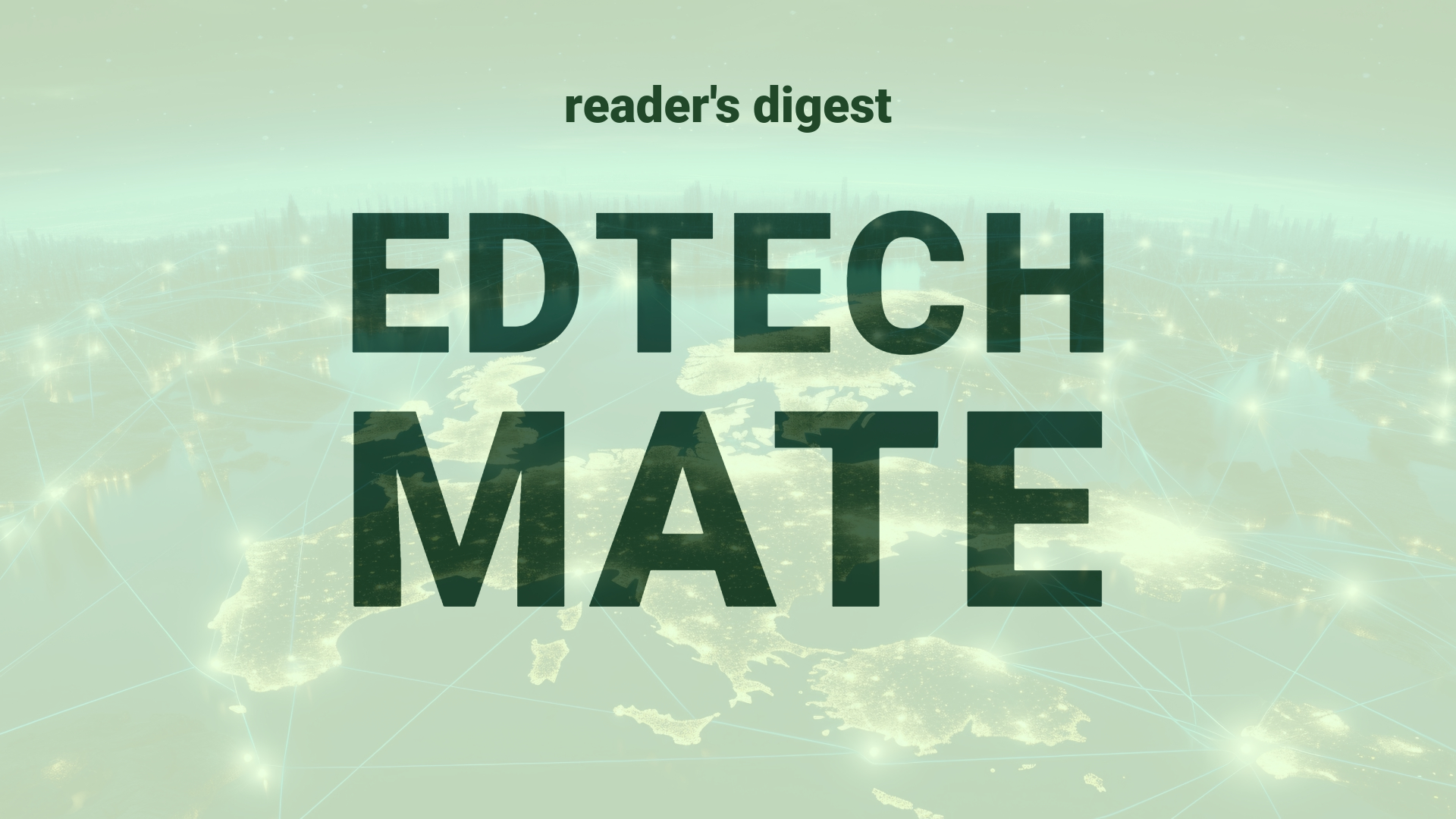“`html
Executive Summary and Main Points
The presented content outlines a strategic approach to completing a PhD in three years, emphasizing the importance of establishing beneficial habits, rich relationships within the research community, a deep dive into literature and a focus on mastering necessary skills. The journey involves a willingness to fail and learn from those failures, leveraging them to narrow down on the 20% of effort that produces 80% of results, in alignment with the Pareto Principle. The content also suggests a gradient transition from hands-on research to thesis writing, with consistent supervisor engagement and clear project deadlines.
Potential Impact in the Education Sector
Applying the outlined principles can significantly enhance the productivity and efficiency of PhD students in Further and Higher Education, potentially reducing the time-frames for research completion. Practical application of these insights can lead to stronger focus, proactive failure management, and clearer direction in research efforts. The replication of research and pursuit of novel findings encourage a move toward a competency-based model, which dovetails with the emerging trend of Micro-credentials in recognizing specific skills and knowledge attained.
Potential Applicability in the Education Sector
The journey accentuates the role of innovative educational approaches, like AI-enhanced literature analysis and digital tools for time management and experimental tracking. Interdisciplinary research skills and strategic time allocation could lead to innovative pedagogical methods and academic leadership development, fostering a new wave of research efficiency and collaborative dynamics within global education systems.
Criticism and Potential Shortfalls
While the approach promotes a streamlined PhD process, criticism may arise from overlooking the variability of research disciplines and individual capacities for rapid learning and adaptation. Comparative case studies may reveal inconsistencies in success rates across cultural and institutional contexts. Ethical concerns might emerge around the pressure to produce novel findings expeditiously, potentially compromising academic integrity and the depth of scholarship.
Actionable Recommendations
To implement these strategies in international education, leadership should consider providing training on time management, failure resilience, and cultivation of supervisor-student rapport. Emphasis should be placed on setting up hard project limits to enforce productivity. Additionally, including academic writing training earlier in the education process may further harmonize research and writing phases, thereby expediting the completion of research projects. Pilot programs focusing on the integration of AI tools for literature review and experimental design may also be valuable for strategic planning in higher education institutions.
“`

